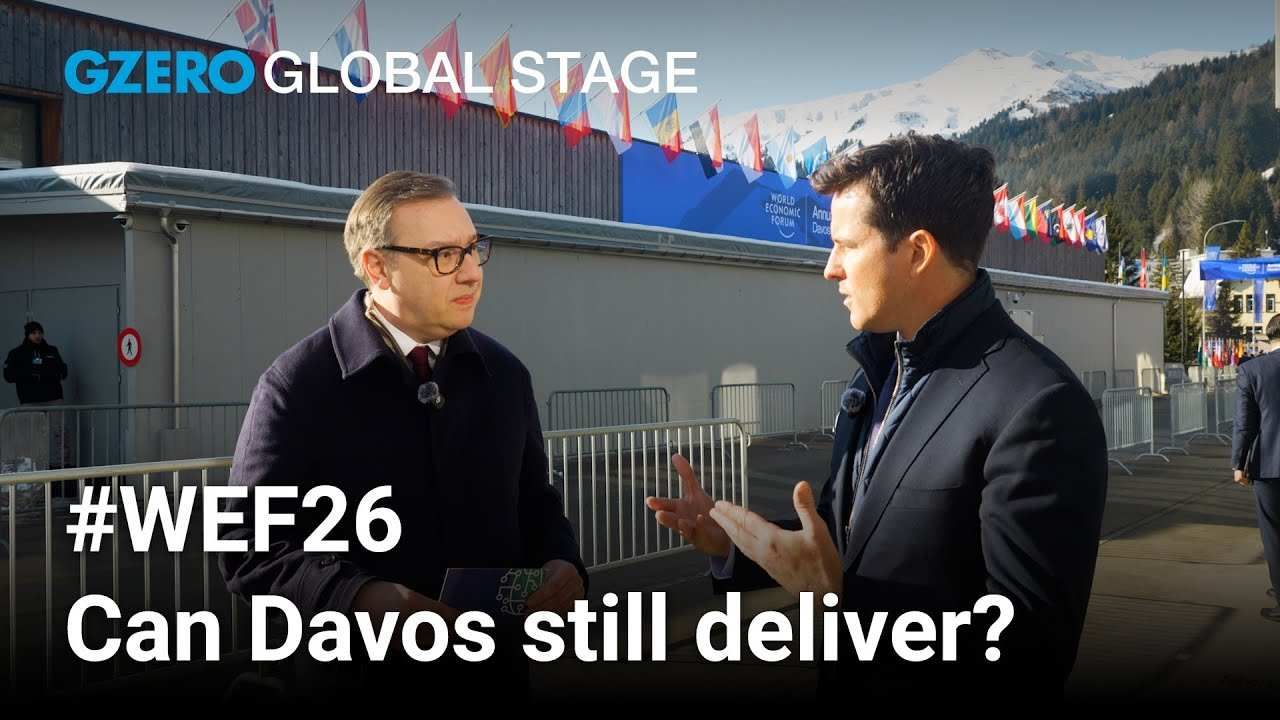News
October 05, 2018
1/3: Just one third of India’s 1.3 billion people has health insurance, and Prime Minister Narendra Modi’s government has now launched a plan called Ayushman Bharat (Long-Life India) to extend coverage to hundreds of millions more. Under the plan, needy families will receive nearly $7,000 a year in hospital expenses before they pay a penny. As in other countries, implementation will prove an enormous bureaucratic challenge.
3: This week, Canada’s Dr. Donna Strickland, a pioneer in laser research, became just the third woman to win the Nobel Prize for Physics following Marie Curie in 1903 and Maria Goeppert-Mayer in 1963. Strickland shared the prize with two men. It was a nice way to end a week that began with a speechin which Pisa University’s Professor Alessandro Strumia explained to a group of mainly female physicists that “physics was invented and built by men” and that women succeed in the field only with the benefit of special treatment.
4: Dutch officials, with British support, have disrupted a cyber-attack by Russian military intelligence on the Organization for the Prohibition of Chemical Weapons, according to the Dutch defence ministry. We also learned this week that four Russian intelligence officials were expelled from the Netherlands after being caught spying on the chemical weapons body in April. Russia has denounced the hacking accusations as “big fantasies.”
70: In Indonesia, a country of 260 million people with one of the world’s highest rates of public use of Facebook and Twitter, the government has assigned 70 people to monitor social networks for “hoax news.” The primary motivation for this move was to protect the integrity of next April’s presidential election against false stories meant to exacerbate religious and ethnic tensions. But the need for monitoring became more obvious this week with a series of fake scare stories following a devastating earthquake.
More For You

- YouTube
At the 2026 World Economic Forum, GZERO's Tony Maciulis spoke with Matthew Blake, Managing Director at the World Economic Forum, about a defining transition for Davos and the state of the global economy.
Most Popular
Former South Korean President Yoon Suk Yeol arrives at a court to attend a hearing to review his arrest warrant requested by special prosecutors in Seoul, South Korea, July 9, 2025.
REUTERS/Kim Hong-Ji/Pool/File Photo
5: The number of years South Korea’s ex-President Yoon Suk Yeol was sentenced in prison today, on charges related to his failed attempt to impose martial law last year.
Russian President Vladimir Putin speaks during a news conference after a meeting of the State Council on youth policy in Moscow, Russia, on December 22, 2022.
Sputnik/Sergey Guneev/Pool via REUTERS
The Russian president said little when the US seized Venezuelan strongman Nicolás Maduro, an ally of Moscow. But there might be a reason for his silence.
© 2025 GZERO Media. All Rights Reserved | A Eurasia Group media company.